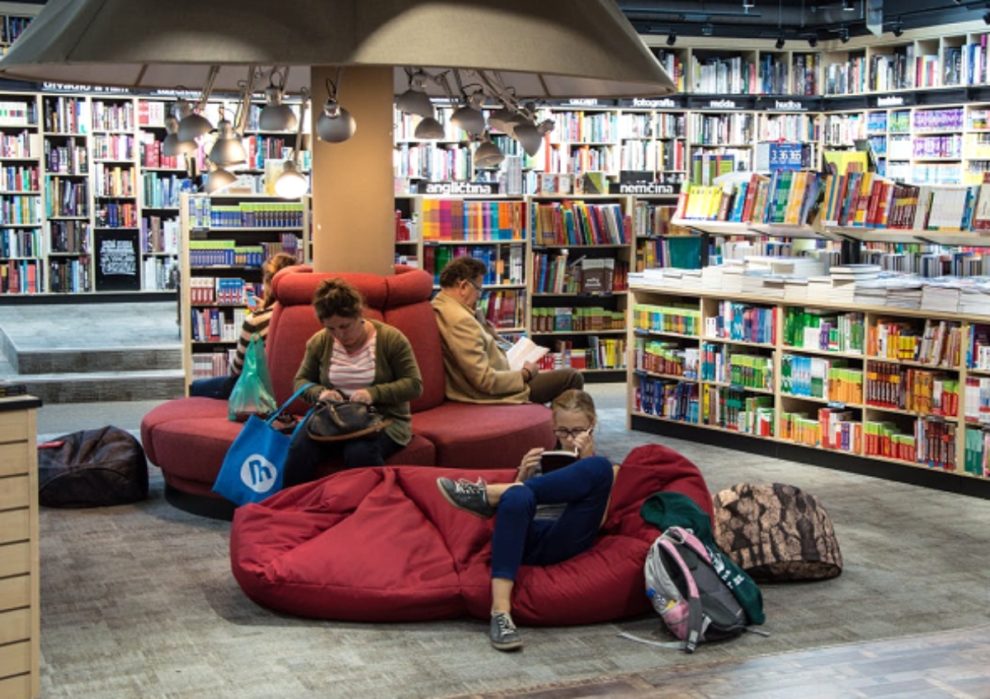Politics around the world affects education. Each government and the legislative regime will tinker with education systems through funding, policy guidelines, as well as the industries fed by education. The effects of such interferences and influence are felt over decades
The current political environment has seen policies and decisions that will impact education in the long run. The decisions touch on funding, school environment, innovation, training of teachers, and the content in the curriculum, among others. You can hire research paper writer online, thanks to supportive policies and infrastructure.
Here is a look at the future of education as shaped by the prevailing political climate.
Cost of education
Education has traditionally been viewed as an equalizer. It gives people opportunities to earn a fortune and climb the social ladder despite humble beginnings. Human rights groups and advocacy organizations are working to ensure that this education goal is realized.
The government is funding all education institutions and activities. It is also providing subsidies to parents and students to guarantee equality. Consequently, the cost of education has reduced significantly.
Reduced cost of education means equal opportunities for all learners. Every student can pursue his preferred degree or skills at any university without worrying about fees. Government policy has also allowed grants and scholarships to boost the desire for further education among underprivileged students. Education will soon be a universal right.
The place of the teacher
The teacher has been at the center of education for years. Teachers are the source of information. They hold authority in the classroom and shape the future of pupils under their care. The teacher did most of the work in class.
Policy changes are reducing the workload for teachers. Their role is centered around curriculum delivery. School children have rights that cannot be violated by teachers. For instance, a teacher can only discipline a child up to specific levels indicated in regulations.
Technology is also taking over some of the duties previously held by teachers. For instance, a teacher can record his lesson or teach through video presentations. Technology integration has pushed the teacher behind the scenes while at the same time offering more room for students to search for alternative learning materials.
Focus on skills
The political system has paid more attention to skills than certificates. Organizations and industries are allowed to hire employees with the skills they need instead of certificates. The skills are acquired away from the class, giving the potential employee an advantage.
The focus on skills has also resulted in certificate, diploma, and degree courses with a narrower scope. The general science, math, and art courses are receiving less attention. Institutions offering specialized and skill-based courses are receiving more attention.
Remote learning
The government is supporting more remote learning than ever. They have installed technology infrastructure to support e-learning. Teachers are also retrained to effectively meet their teaching targets through the internet and other electronic means. It is also easy to use the KP writing service for your homework and other school assignments.
Remote learning has increased school capacity. Teachers can now handle more students or institutions can enroll a higher number than their physical capacity.
Remote learning has opened opportunities for people in different geographical locations to still learn. The student does not have to travel or resign from work to pursue a particular degree. Such changes are supporting access to education at all levels and a cheaper cost.
The education philosophy of the current political class has a huge impact on the future of education. It will affect the skills of the future teacher, the classroom, and resulting graduate at every level. It is interesting to see how each political regime alters the trajectory of education for decades and centuries.
